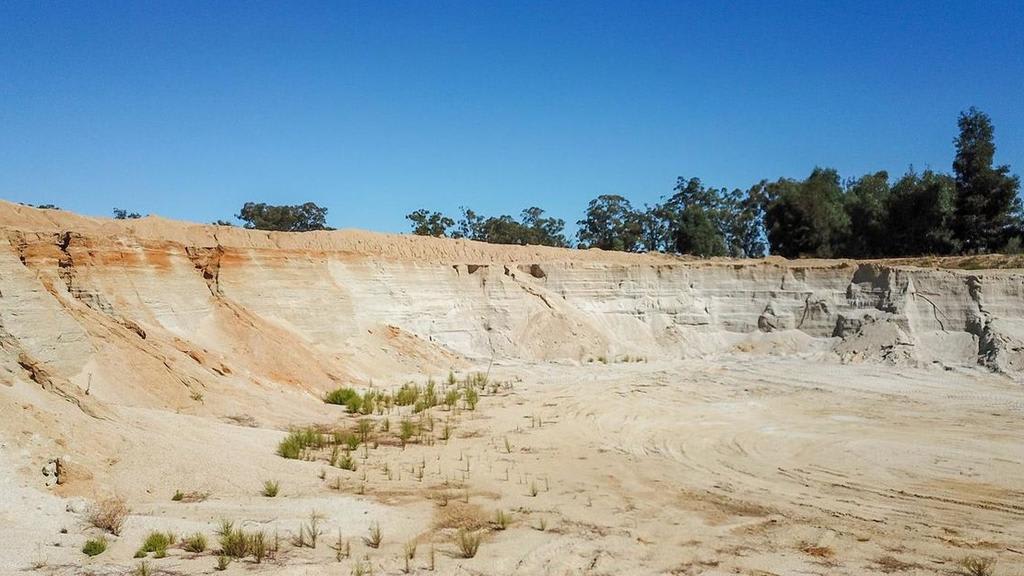
Save Sewanee’s countryside!
Join us to help:
- Preserve Sewanee’s clean air and protect our wildlife and natural areas, exceptional waters, and scenic highways.
- Protect the health and safety of our families and our quality of life.
- Prevent noisy, polluting industry from locating in our peaceful communities.
- Keep our roadways clear of heavily loaded dump trucks rumbling up and down Highways 156 and 41 A.
- Keep the pressure on our local politicians to enact measures to restrict the location of mining operations in our countryside near our homes, farms, ranches, and protected natural areas.
TDEC Public Hearing on the General ARAP Permits
March 12, 2025
The Division of Water Resources is proposing to renew a total of 19 General Aquatic Resources Alteration Permits (ARAPs). All 19 draft documents are listed below, along with a rationale document and information on the public hearing being held April 17th, 2025.
For the public hearing notice, go to https://www.tn.gov/content/dam/tn/environment/water/water-public-notices/ppo_water_2025-03-12-arap-ph_draft-general-permits.pdf
- Rationale Regarding the Renewal of 19 Existing General Aquatic Resources Alteration Permits
- GARAP 001 – Repair of Eroding Banks and Shorelines
- GARAP 002 – Emergency Infrastructure Repair
- GARAP 003 – Floaing Cabins on Tennessee Valley Authority Reservoirs
- GARAP 004 – Gravel Removal
- GARAP 005 – Construction of Intake Structures and Conveyance Outfall Systems
- GARAP 006 – Maintenance Activities
- GARAP 007 – Minor Dredging in Reservoirs, Lakes, and Ponds
- GARAP 008 – Construction or Removal of Minor Stream Crossings
- GARAP 009 – Minor Stream Grade Stabilization
- GARAP 010 – Minor Water Withdrawals
- GARAP 011 – Minor Alterations to Wetlands
- GARAP 012 – Natural Resource Conservation Service – Designed Repair of Eroding Streambanks and Shorelines
- GARAP 013 – Recreational Prospecting
- GARAP 014 – Construction of Public Access Structures and Boat Ramps
- GARAP 015 – Material Removal for Stream and Wetland Remediation
- GARAP 016 – Aquatic Habitat, Enhancement, Restoration, and Creation
- GARAP 017 – Structural Discharges
- GARAP 018 – Surveying and Geotechnical Exploration
- GARAP 019 – Utility Line Crossings of Streams and Wetlands
Public Hearing on the above draft general permits – Public Hearing Notice
Conference Room 1A, 1st Floor, Davy Crockett Tower
500 James Robertson Parkway, Nashville, TN, 37243
Thursday, April 17th, 2025
1pm CST
and via Microsoft Teams
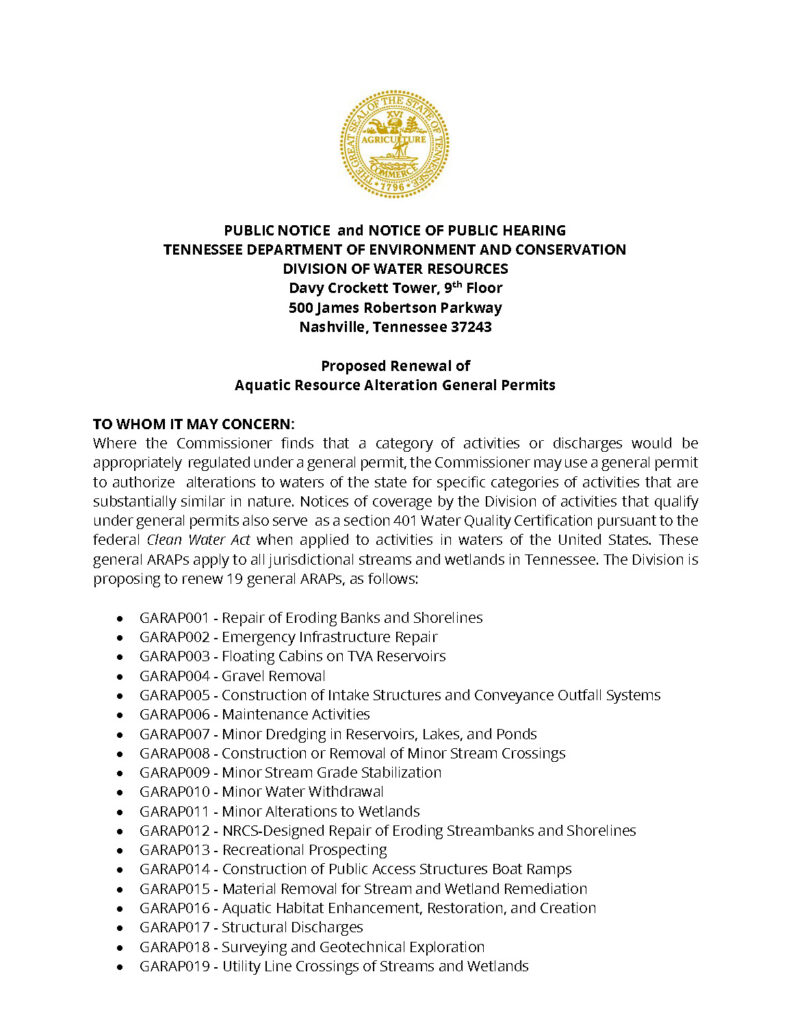
Join us to protect Sewanee’s pristine countryside and premier recreational area that includes these State Natural Areas:
- Natural Bridge State Natural Area
- Mr. and Mrs. Harry Lee Carter State Natural Area
- Sherwood Forest State Natural Area
Clustered around these natural areas are:
- Franklin State Forest
- The new Head of the Crow State Park
And nearby forested land expanses under conservation easements, including:
- Lost and Champion Coves – 3,000+ acres
- Mitchell Cove – 1000+ acres
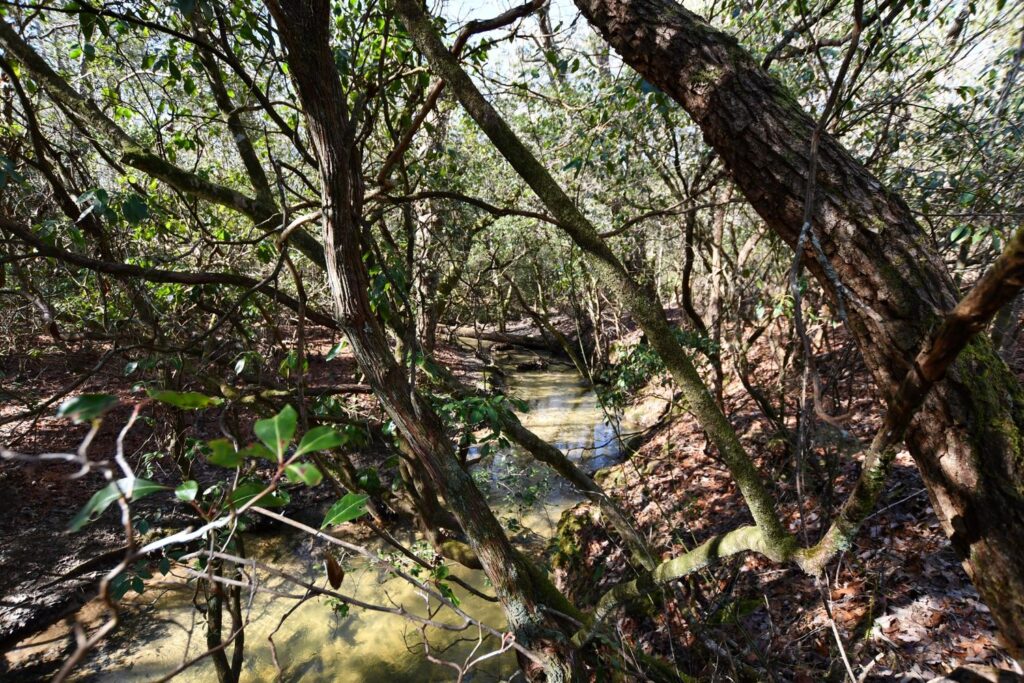
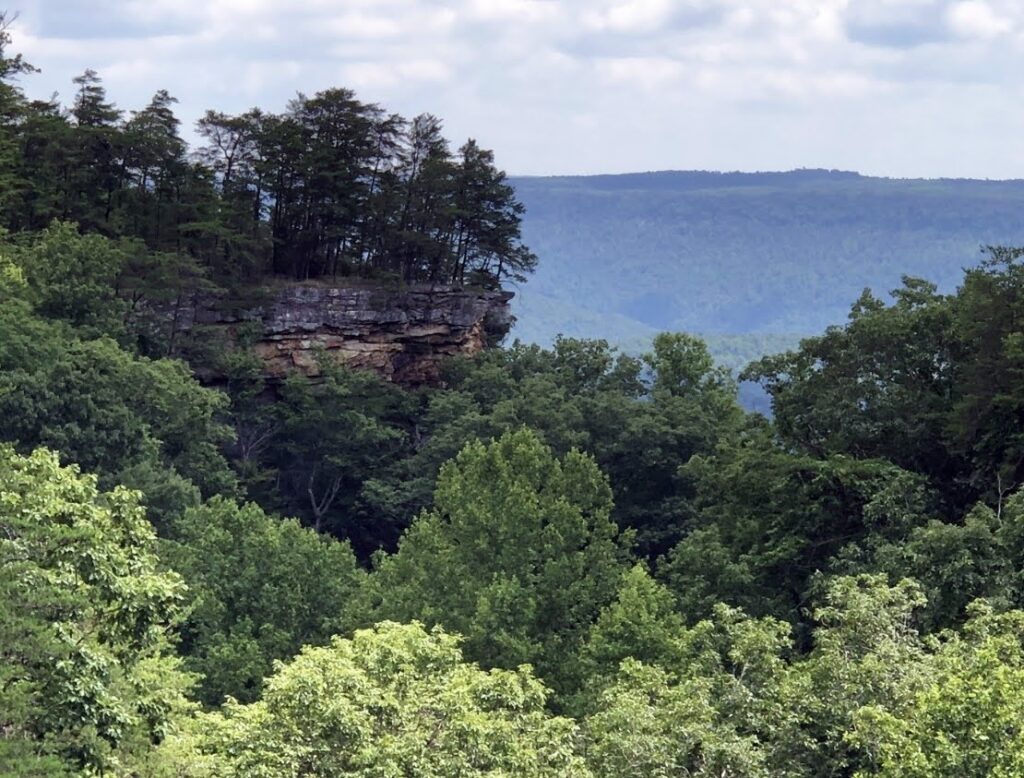
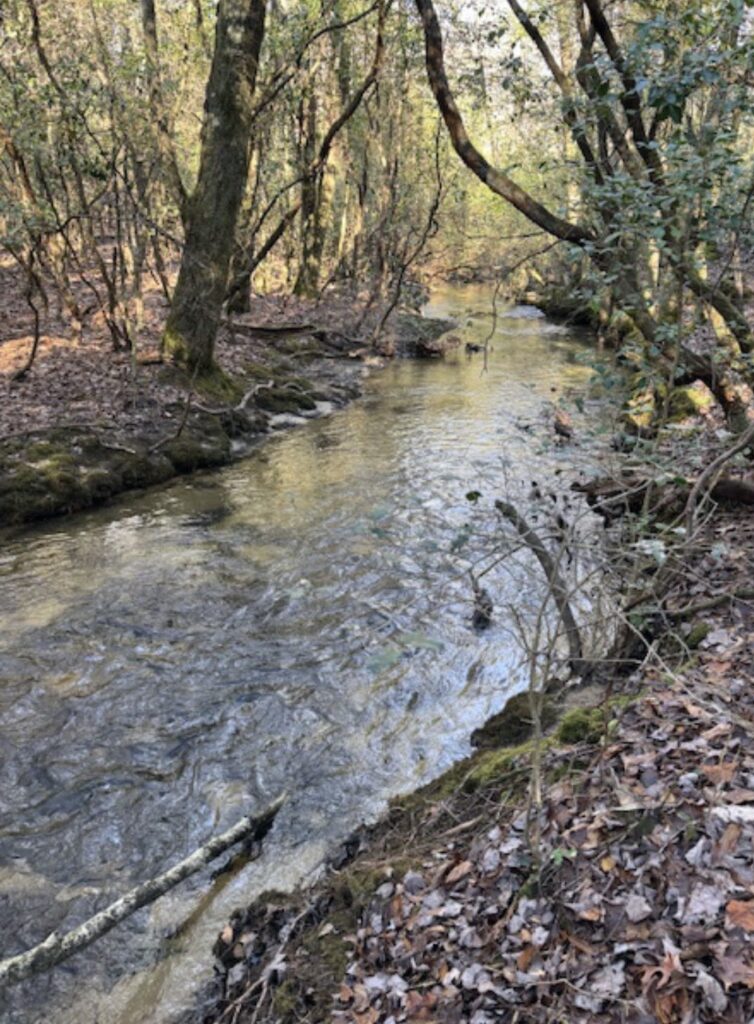
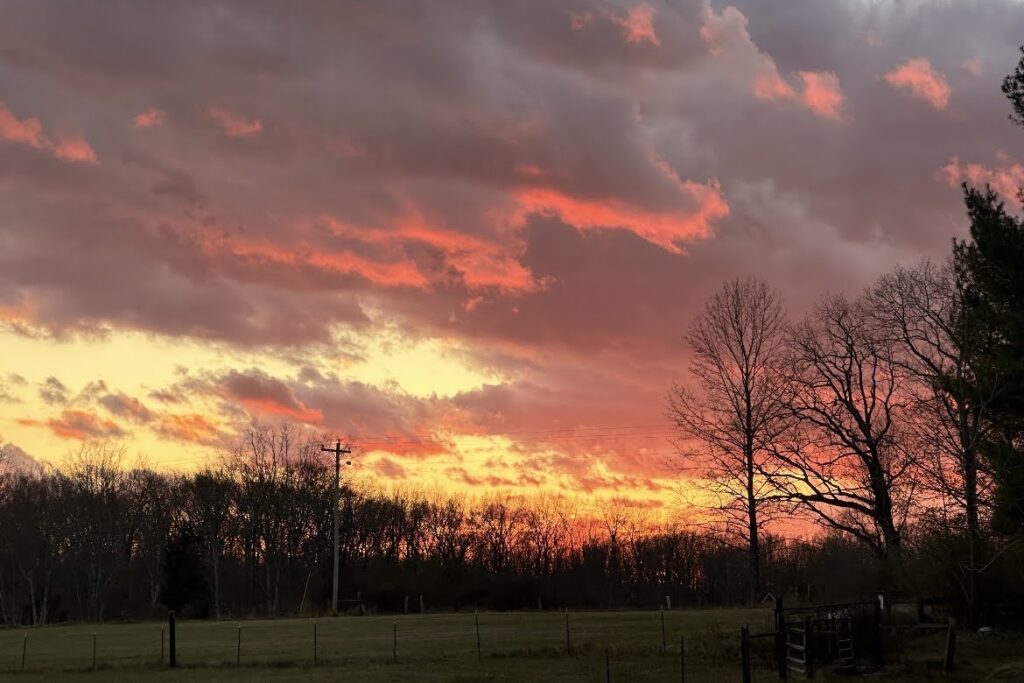
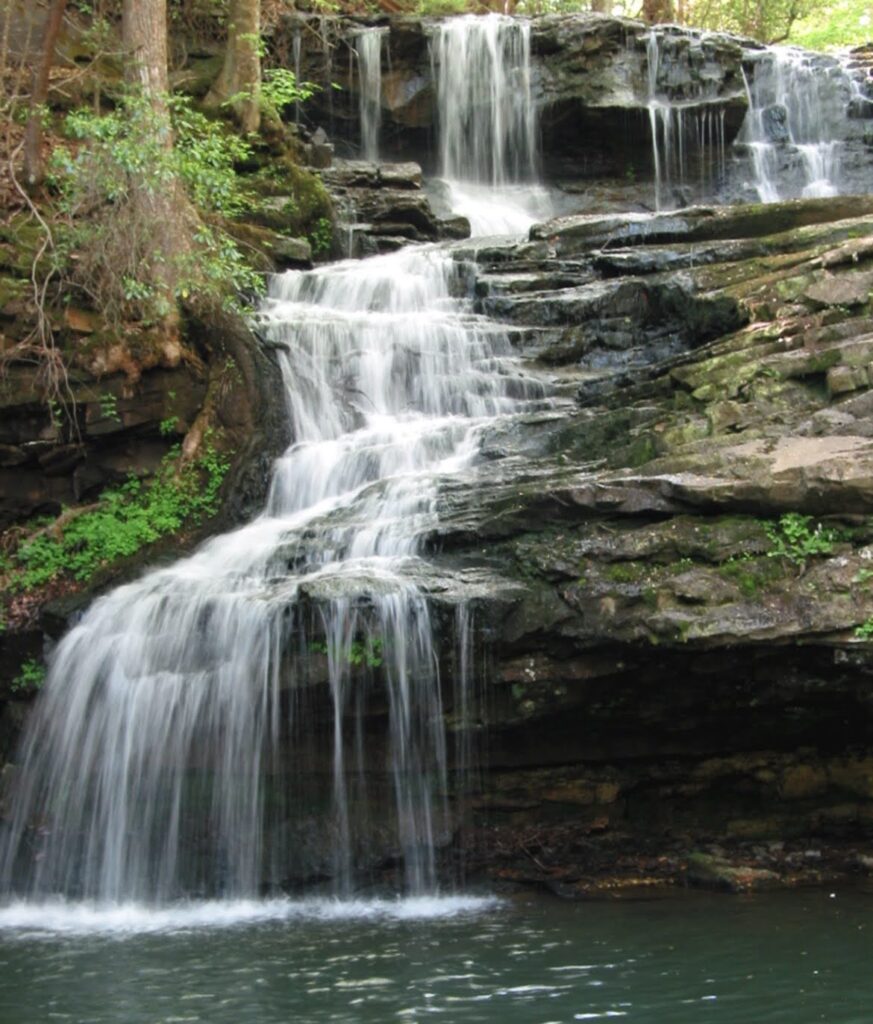
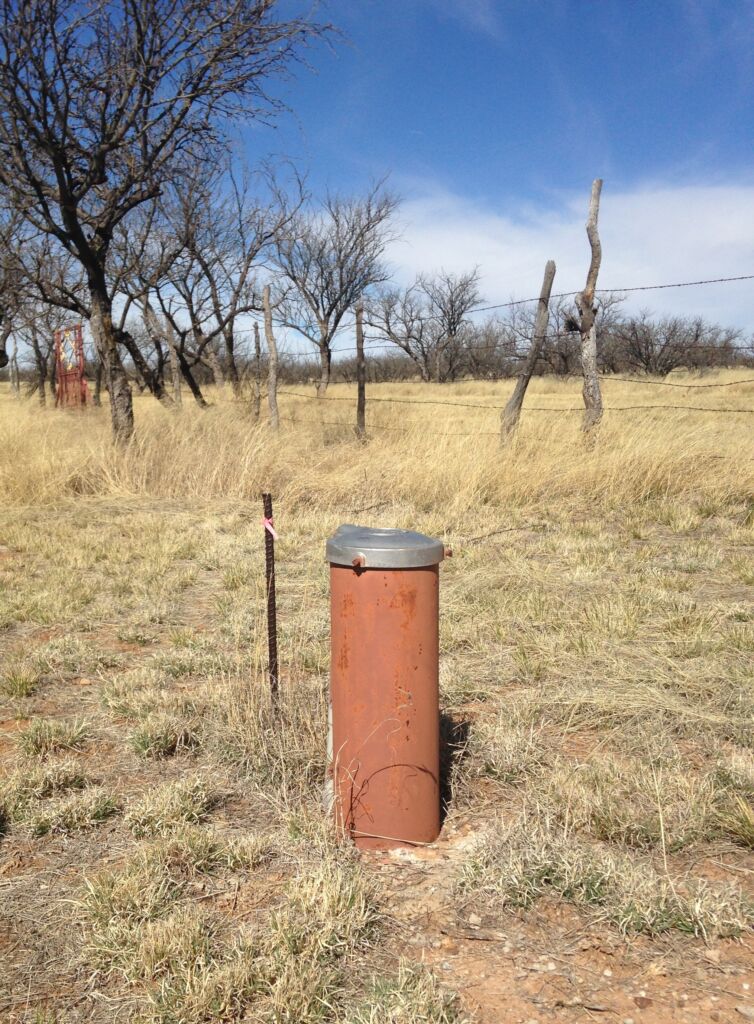
Sand quarries….
may harm wells of nearby residents who have NO OTHER SOURCE OF WATER

Sand quarries….
Can damage the integrity of walls and foundations of nearby homes
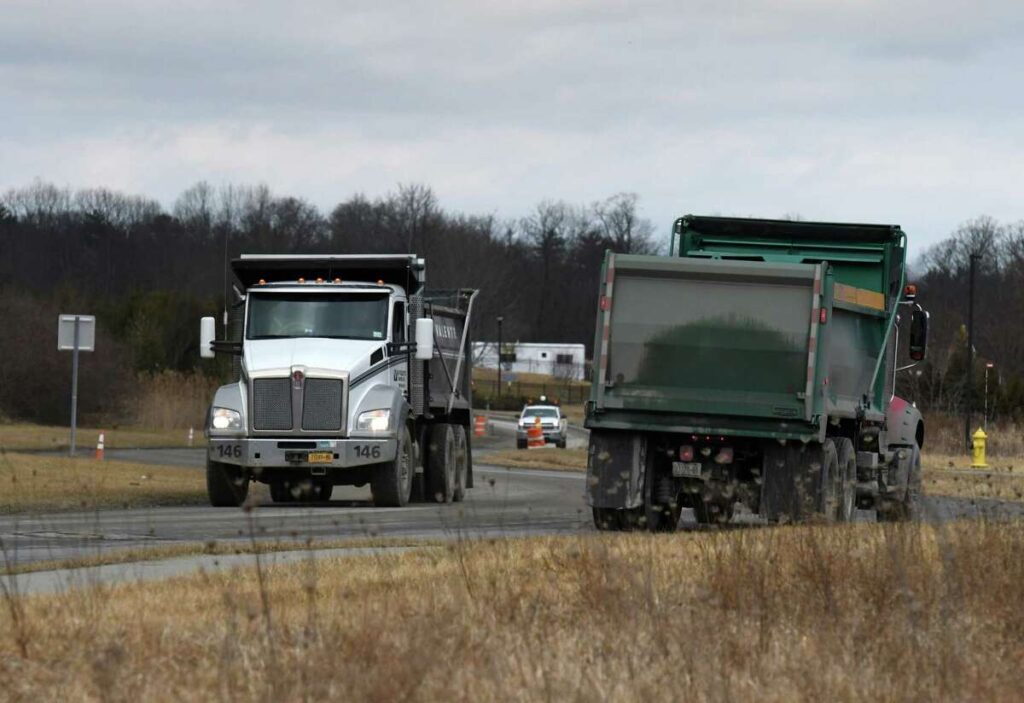
Sand quarries
Dramatically increase the amount of heavy truck traffic. The Jumpoff quarry will generate 100 truck trips PER DAY on 156 and 41A
Have Questions?
Frequently Asked
Questions
What is the proposed Jumpoff sand plant?
Tinsley Sand & Gravel, LLC, has purchased a 150 acre tract of prime farmland on Hwy 156 Jumpoff Road. The site is along a residential corridor of homes, farms, and pristine natural areas. There are no other heavy commercial or industrial businesses in this area.
We need sand to construct roads and buildings. Why are Jumpoff residents opposed to the sand plant?
Sand and other aggregates are necessary components for a lot of important products used in construction and infrastructure projects that we rely on every day. But sand quarries are heavy industrial enterprises and do not belong in residential corridors sited next to people’s homes, farms, and protected natural areas. Sand and rock quarries should be sited near other industrial and manufacturing facilities, not where children wait for their school buses and fire trucks and ambulances have to get to emergencies.
How could this impact me, my family, and my property?
Franklin, Grundy and Marion County residents already have experience with sand and gravel plants and have many serious complaints. Existing plants use explosives to blast through the earth. The blast is not only extremely loud, but it shakes homes with such force that it can cause damage to the integrity of walls, ceilings and foundations.
Blasting can also affect water quality in nearby wells. Many residents in unincorporated rural areas do not have access to other sources of water, like people living in cities. If our wells are damaged, we won’t have any water and our properties become worthless.
The Marion County Sand Plant claims it will bring 14 new jobs and “try” to hire qualified Marion county residents for them.
Maybe, but there are substantial costs to putting a sand quarry on a rural tract of pristine land near homes and farms.
I believe in limited government. Why should we give the Marion County Commission more power?
The County Powers Act is a tool available to county governments in Tennessee to regulate businesses in unincorporated areas that may pose a threat to human health and safety or infringe on homeowners’ property rights. The Act cannot be used to regulate agricultural activities–agriculture is a specially protected sector in Tennessee, as it should be. Grundy County was smart and adopted the Act in 2019. This enabled Grundy County to challenge a sand quarry at the Clouse Hill site, thereby protecting county residents from the harmful effects of a quarry operation in close proximity to homes and schools.
What can I do to help?
- Stay informed about, and attend public meetings related to this quarry. We will update the community with date/time/location as meetings are scheduled.
- If you would like to connect to other volunteers, and have time, or expertise (e.g. legal, engineering, environmental, website, etc.) to contribute to this effort, please reach out and let us know by sending an email to [email protected] and request to be added to the Google Group.
- Share this website and information about the campaign with friends and family in Grundy, Franklin, and Marion counties.